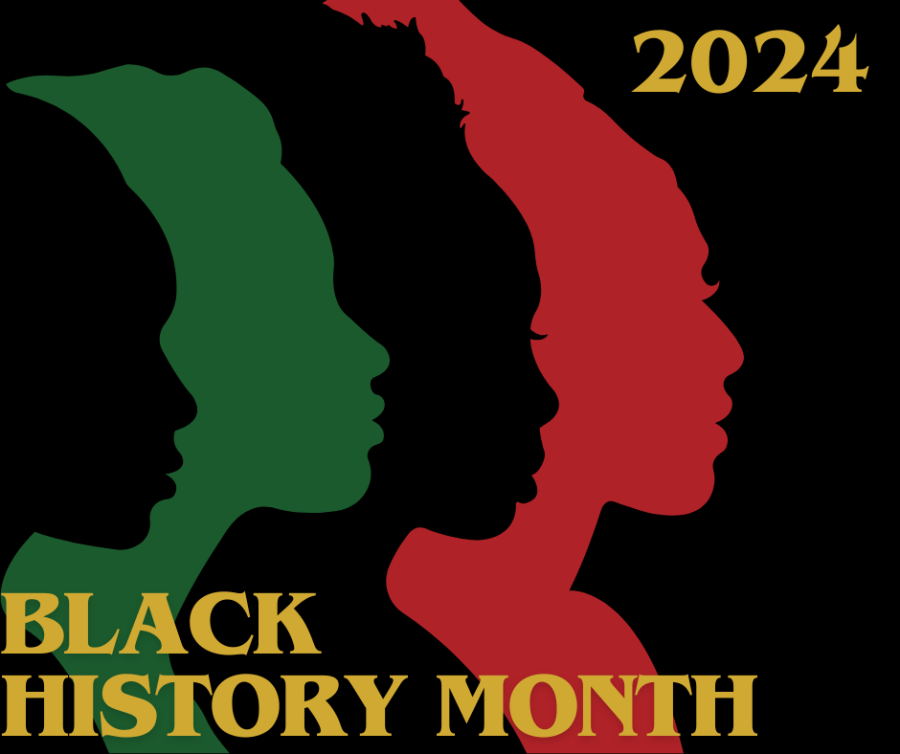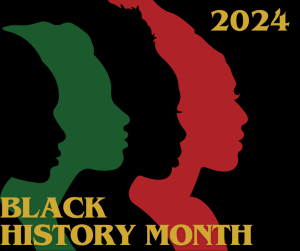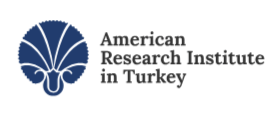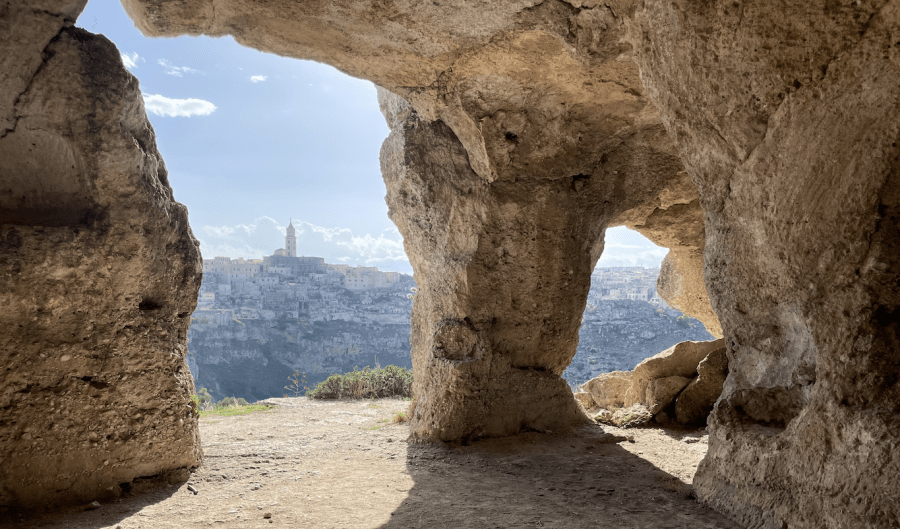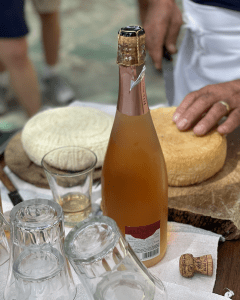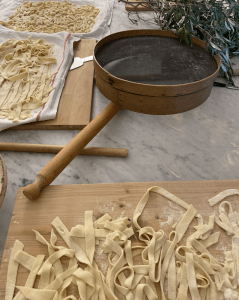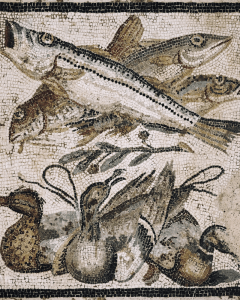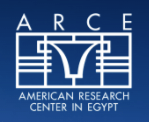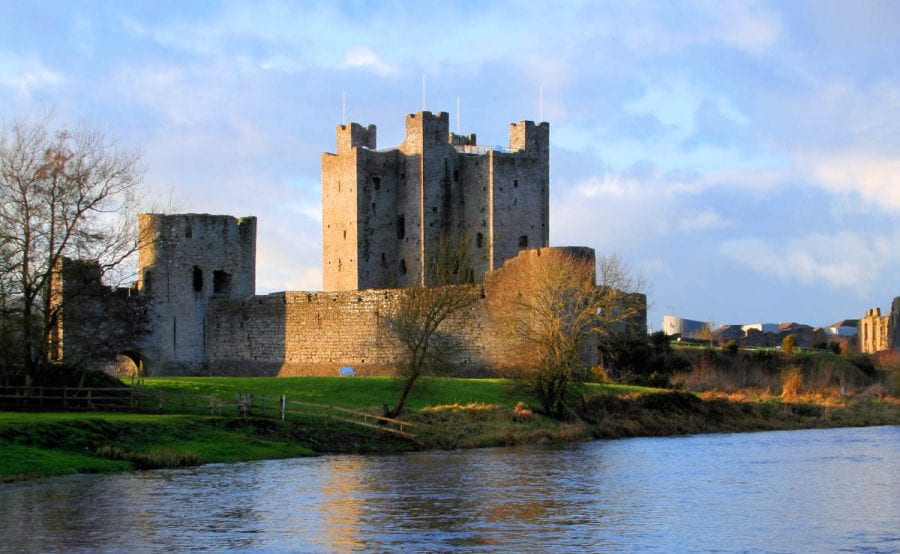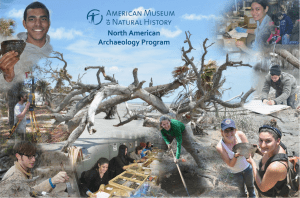Black History Month is a time to honor the contributions African Americans have made to the United States and the world at large, both in the past and present. This February at the Joukowsky Institute, we are highlighting resources created by and for African American scholars of archaeology and anthropology. This will be a three part series with each blog post focusing on different aspects of contemporary African American archaeology: Associations and Archives, Resources and Funding for Black Students, and Field School Opportunities. This week’s post will highlight field schools centered around African American heritage sites, and that emphasize collaboration with descendant communities.
Montpelier Field School | The Montpelier Field School is open for applications for their 2024 Summer season. This year they will be documenting the Montpelier Burial Ground of the Enslaved to support the Montpelier Descendants Committee’s efforts in building a memorial adjacent to the burial ground. Students will be trained in foundational excavation methods, as well as get hands-on experience working with descendant communities. Applications may be accessed here.
Slave House Exploration and Evidence Tracing Field School (SHEET) | SHEET is an initiative of Saving Slave Houses’ Pharsalia Plantation Co-Stewardship Project aimed at preserving the histories of slave houses and their descendant communities. Interns will practice oral histories documentation and interpretation, as well as how to collect spatial data in the field. Applications open soon.
Black Life in Bellevue Field School | Washington College’s Center for Environment and Society is sponsoring an archaeological field school entitled “Black Life in Bellevue: Documenting African American Cultural Landscape Along the Chesapeake Bay.” Students will learn how to document cultural landscapes—measuring, drawing, and photography—as well as how to employ geographic information system mapping to digitize the Bellevue village. Contact co-directors Michael Chiarappa and Janet Sheridan to get involved.
Thomas Jefferson’s Poplar Forest Field School | The University of Virginia and Thomas Jefferson’s Poplar Forest is hosting a Summer Field School in Historical Archaeology. Students will excavate sites of enslavement at the Poplar Forest plantation, including a stable, slave quarter, and other features associated with Jefferson’s plantation. Students will gain practical skills in survey, excavation, and mapping. Applications currently available.
If you are interested in discovering more field schools centered around African American or African Diaspora archaeology, please see resources available on the Society for Black Archaeologists and the African Diaspora Archaeology Network‘s websites. The Institute wishes you a happy Black History Month!
*Compiled and Written by Christina Miles (`25)

